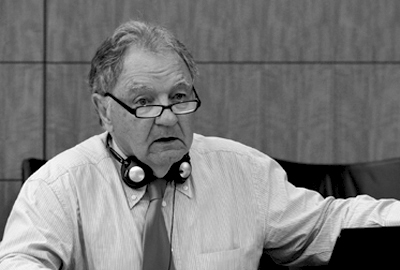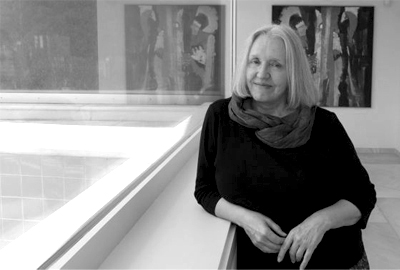The Network on Mobility Cultures & Policies
Relevant humanists and social scientists are nowadays reflecting on how emerging technologies are changing mobility cultures and social values, and how values affect mobility practices and policies. The Coronavirus pandemic made the world a living lab to further develop these reflections further. Policies restraining or prohibiting individual freedom to move and to survey people’s daily lives were applied to protect social health (a prevailing citizen’s right). These policies caused huge economic costs for many sectors and companies (e.g. tourism) but also benefited few others (e.g. telecommunications, e-commerce).
Policies restraining physical mobility created social distress and psychological suffering to many; however, it was imperative to apply these policies to save millions of lives worldwide. New and more disruptive technologies will create ethical dilemmas in the near future, for example to what extent we humans can rely on intelligent machines to make better decisions for ourselves and others. The language and everyday categories we presently use (e.g. public interest/common good, individual/social, private/public, utility/meaning, behaviour/value, science/art, data/knowledge, cost/benefit, consumer/producer, local/global…), need to be redefined if we want to be able to imagine new and better futures for all. Many people, from artists to scientists and politicians, have already provided inspiring thoughts on these issues.



















































